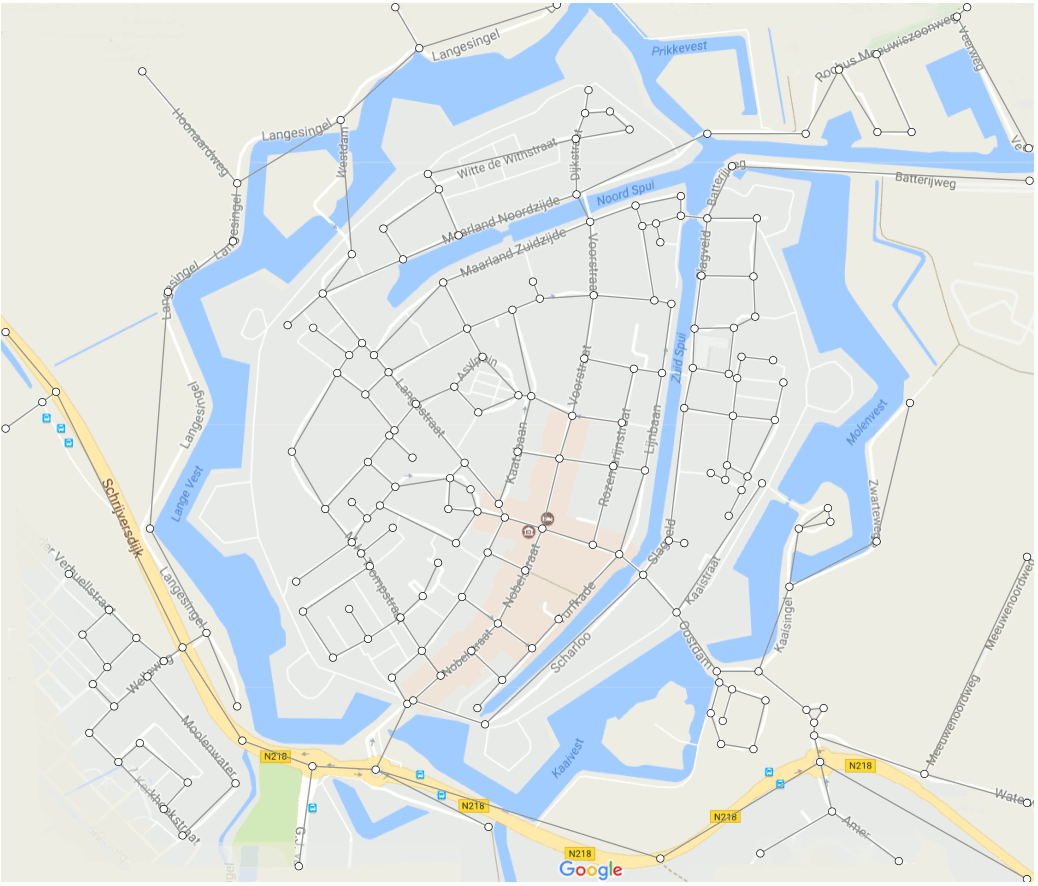- Human interest
Concluding NETWORKS Conference & Reunion: memories and mathematics•
After more than ten incredible years, the NETWORKS programme will officially conclude at the end of 2025. In light of this approaching milestone, the final NETWORKS conference & reunion took place.Read article
We are aware that network theory can be viewed on many levels of difficulty. Therefore we have marked the content with difficulty levels, when appropriate. We have distinguished the following difficulty levels indicated by the number of dots (•, ••, •••, and ••••):
• Equivalent of 3rd to 4th grade of high school. These contents will show no mathematical formulas and contain simple language. Maybe they will contact some simple puzzles or a quiz to trigger your curiosity.
•• Equivalent of 5th or 6th grade of high school. May contain some basic maths, or draw harder-to-follow conclusions. These may also contain some questions for the readers and puzzles to work out on your own. In the end, the fun in mathematics is figuring out things on your own.
••• Equivalent of higher education on a bachelor level. Contains intermediate mathematics. These contents may contain some specific terminology, need more patience, apply more advanced logic, or need
an introductionary course to comprehend fully.
•••• Equivalent of university level. These contents are intended for the few readers who are interested in a deeper analysis of a specific topic.
Algorithms
Mobile phones, ATMs, modern cars, televisions, e-readers: none of them would work without software. The heart of software is formed by algorithms: step-by-step procedures to perform given tasks.
Math insight
Mathematicians are fascinated by the elegance and beauty of the ideas behind mathematical theories. In the end, mathematics is about interesting ideas and creative solutions.
Hubs and communities
In most networks, there are elements that have a huge amount of direct connections to others, and these individuals tend to be rather important. They are called super-spreaders or hubs.
Decisions under uncertainty
Mathematical models describe real-life phenomena, using mathematical concepts and language. The models will not exactly be like reality, but can be used to learn from and understand it beter.
Real-world networks
Many real-world phenomena and parts of the infrastructure of our society can be phrased in terms of networks. An electricity network for example describes how electricity can flow.
Human interest
Mathematics, ans science in general, is the work of people with dreams, feelings, opinions, and weaknesses. Their personal stories and ideas are equally important and interesting as their discoveries.
Updates
- November 11 2025
Concluding NETWORKS Conference & Reunion: memories and mathematics
- June 9 2025
Mathematician’s dream place (part 3)
- April 23 2025
Sharing lodgings in Berkeley (part 2)
Leraren en scholieren
Op deze pagina vind je onderwijsmateriaal voor leerlingen die geïnteresseerd zijn in de wiskunde achter algoritmes en netwerken. Dit deel van de website wordt aangeboden in het Nederlands.

